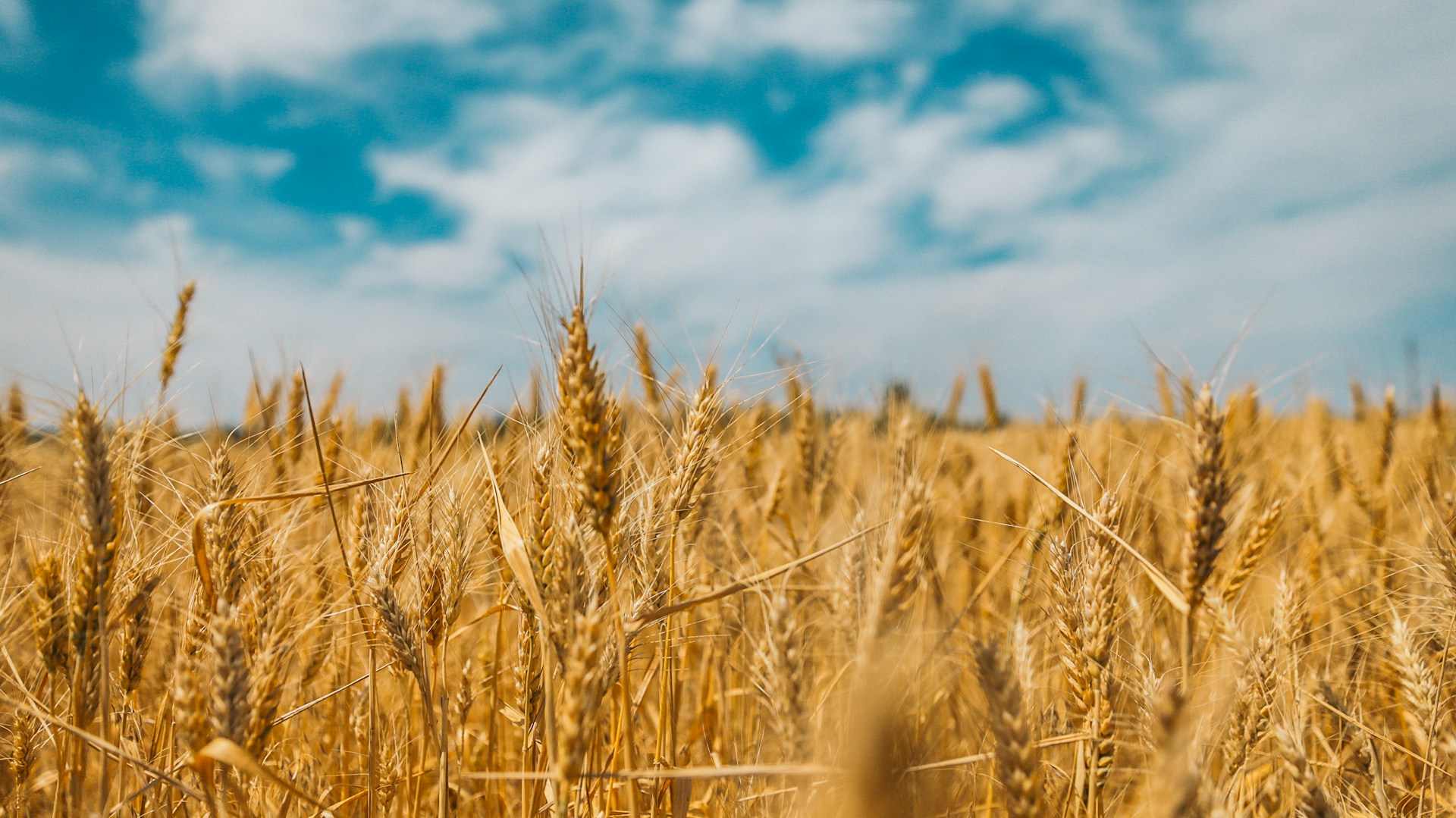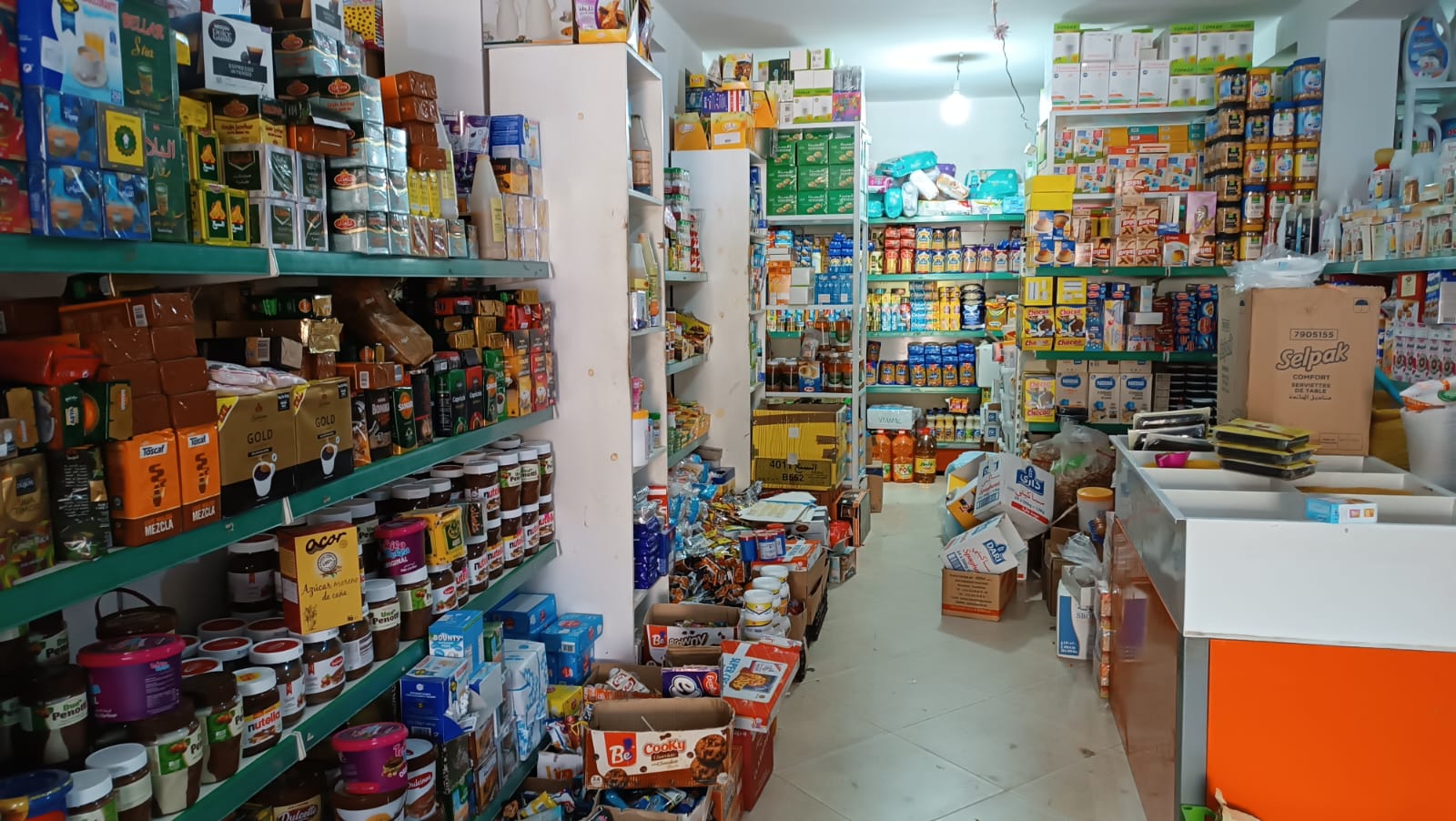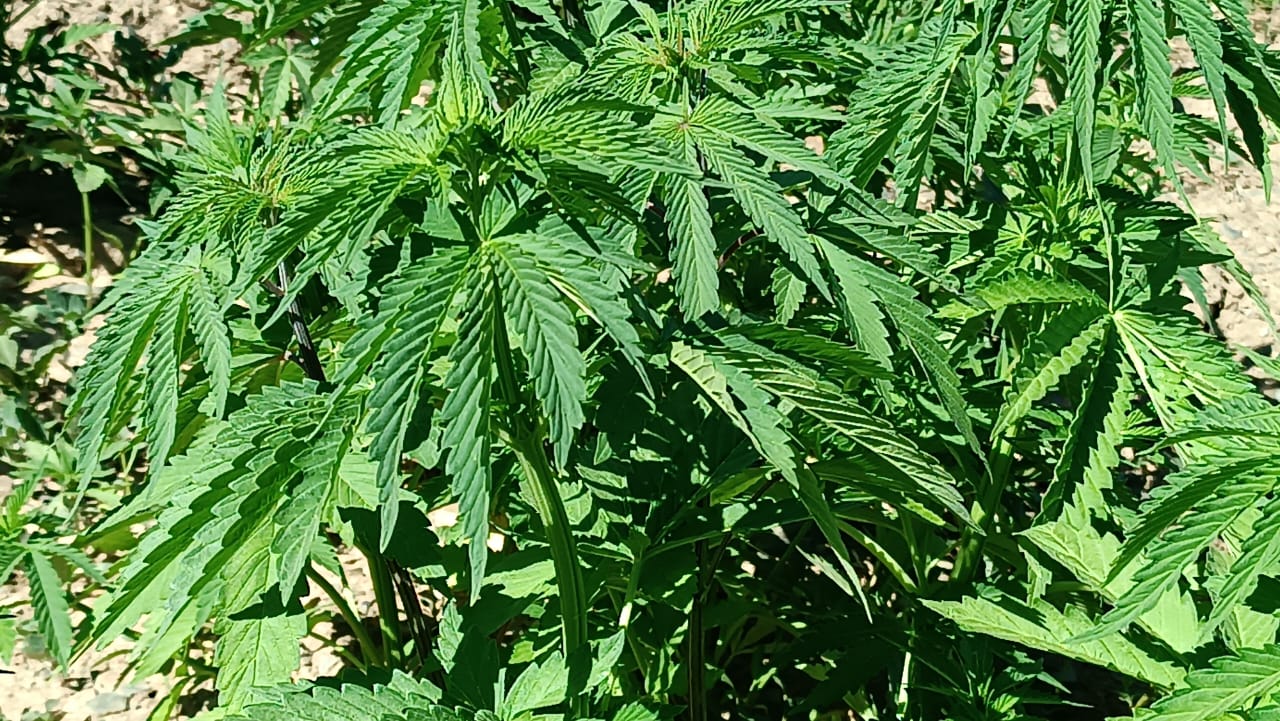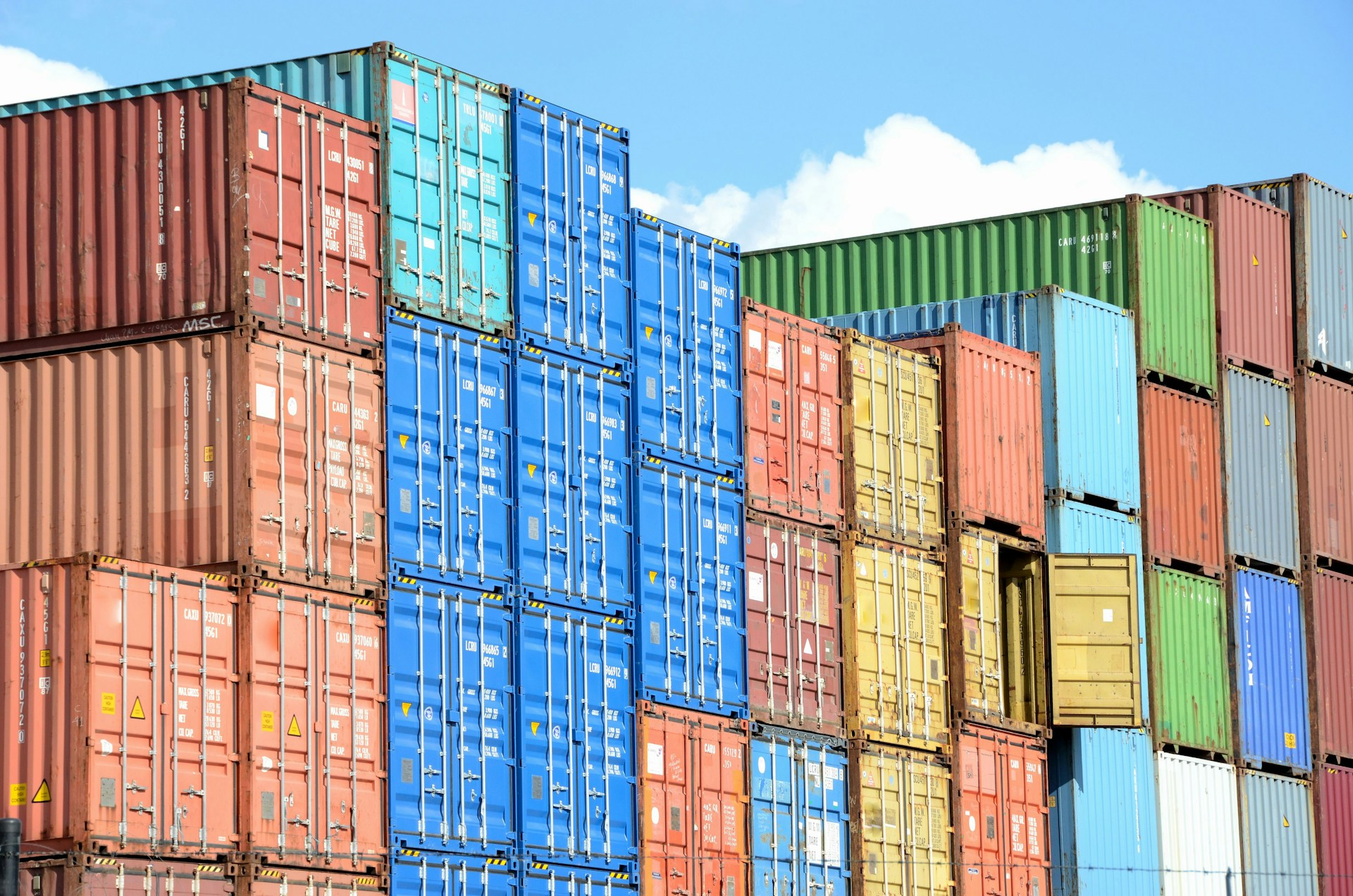Casablanca – The increasing costs of grain imports in Morocco have been attributed to various factors, including climate change, drought, and disruptions in agricultural seasons in major exporting countries such as Russia and France. Recent reports from Bank Al-Maghrib and Les Inspirations Éco have highlighted the challenges facing Moroccan importers and the steps being taken to address them.
Both France and Russia, key suppliers of grains to Morocco, have experienced adverse weather conditions, leading to concerns about lower harvest yields. As a result, global grain prices, particularly for soft wheat, have surged, reaching over $296.28 per ton.
This price surge has significantly impacted Moroccan importers, who now face increased costs estimated at around $5.15 per quintal, according to Omar Yacoubi, president of the National Federation of Grain and Legume Traders. Despite these challenges, Morocco continues to import grains, with imports totaling 11 million tons by April 30, 2024.
To support these imports, the National Interprofessional Cereal and Legume Office (ONICL) has implemented measures, including a subsidy of $0.25 per quintal for storing imported wheat. However, importers also face logistical challenges, particularly with unloading ports ill-equipped to handle large volumes of goods.
In response to the rising costs and supply challenges, the National Federation of Grain and Legume Traders has announced plans to create a strategic grain reserve. This initiative aims to ensure market stability and reduce the impact of global price fluctuations on the Moroccan grain market.
The data from these reports underscore the urgent need for effective management of grain imports and supply chains in Morocco. With ongoing climate challenges and unpredictable market conditions, strategic measures like subsidies and reserve stocks are essential for safeguarding the country’s food security and economic stability.
















